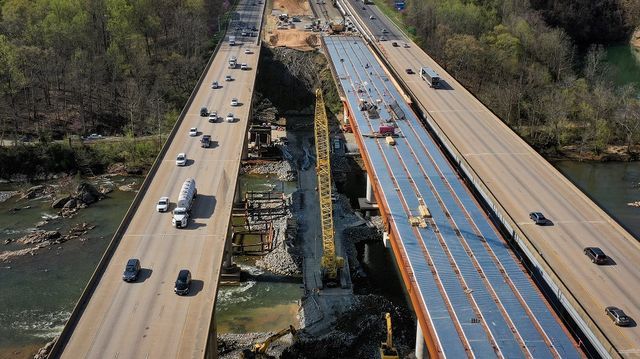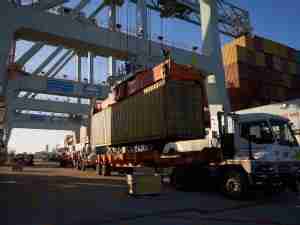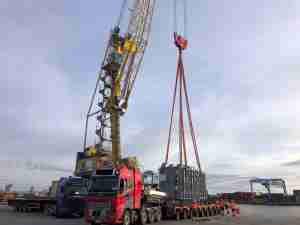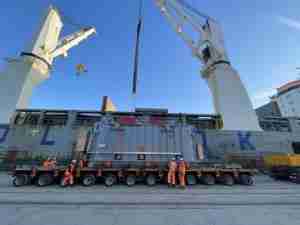President Joe Biden’s proposed infrastructure bill calls for $571 billion in additional transportation spending over current federal levels, and $50 billion to make infrastructure more resilient to climate change, according to White House documents sent to Capitol Hill that were reviewed by Bloomberg News.
The documents shared with congressional offices provide the first detailed breakdown of proposed spending since President Joe Biden unveiled his $2.25 trillion infrastructure plan. Many Republicans have criticized the plan for increasing corporate income taxes and Biden and members of his administration have been publicly portraying it as providing overdue help for Americans after decades of under-investment in roads, child care and other programs.

The plan calls for $115 billion to be spent on roads and bridges, including $50 billion on a “fix it right” road modernization program intended to address existing problems before expanding projects. It also sets aside $40 billion for investments in bridges, $5 billion on community transportation block grants and $10 billion on transportation alternatives.
Biden has pitched the plan as one that will contribute to jobs and also help fight climate change. It includes $85 billion to be spent on mass transit, including $55 billion for returning existing public transportation systems to a “state of good repair,” according to the document. An additional $25 billion would be used to expand transit systems, with $5 billion dedicated to helping implement the provisions of the Americans with Disabilities Act.
Other provisions detailed in the documents include:
Aviation: $25 billion for the Federal Aviation Administration’s program to improve airports, including $10 billion for airport terminal renovation grants and $5 billion for the FAA’s National Airspace System facilities.
Ports and Waterways: $17 billion.
Railways: $80 billion with nearly half going toward modernization of Amtrak’s popular Northeast Corridor, $16 billion in grants to Amtrak’s national network, $20 billion for intercity passenger rail and $5 billion for freight rail and safety grants.
Electric vehicles: $15 billion for building a network of 500,000 electric car charging stations, $100 billion for rebates to electric car consumers, $25 billion for zero emission transit vehicles and $20 billion for school bus electrification.
Details of the plan were first reported Wednesday by Politico.







